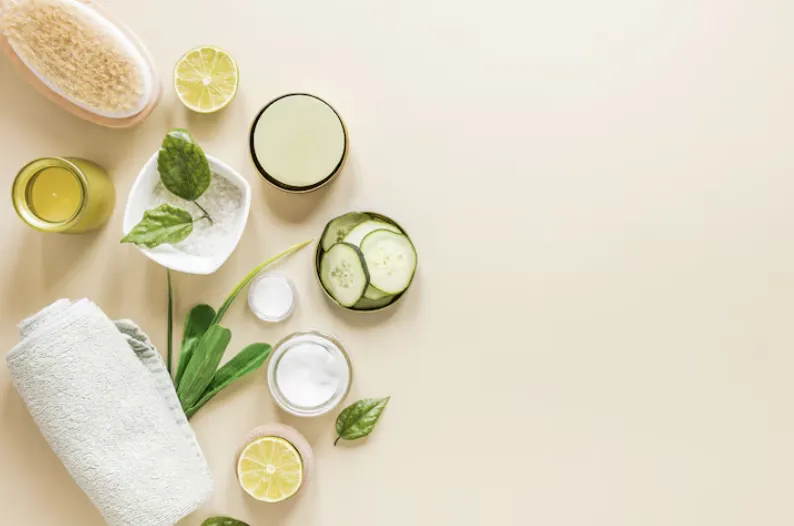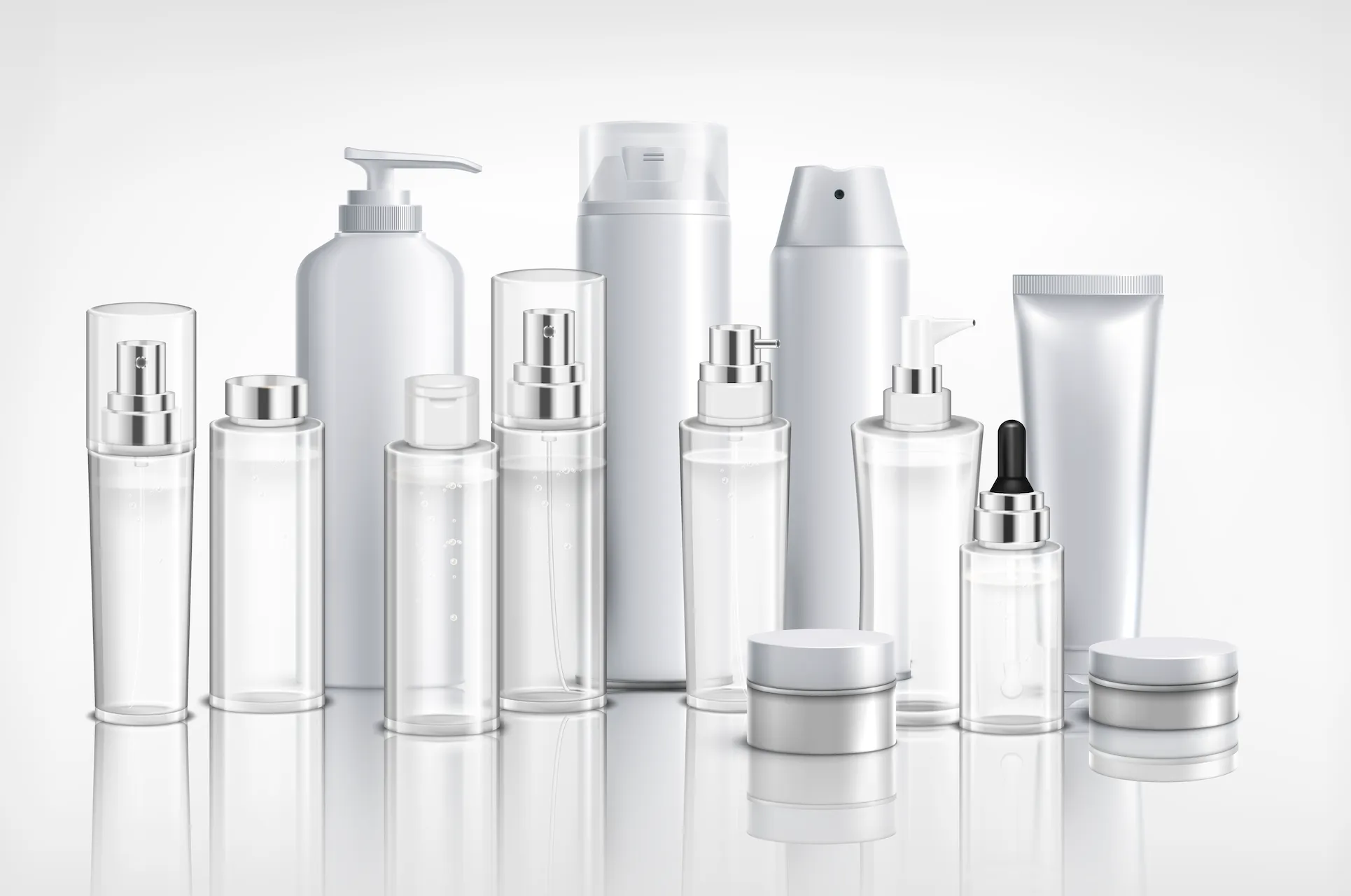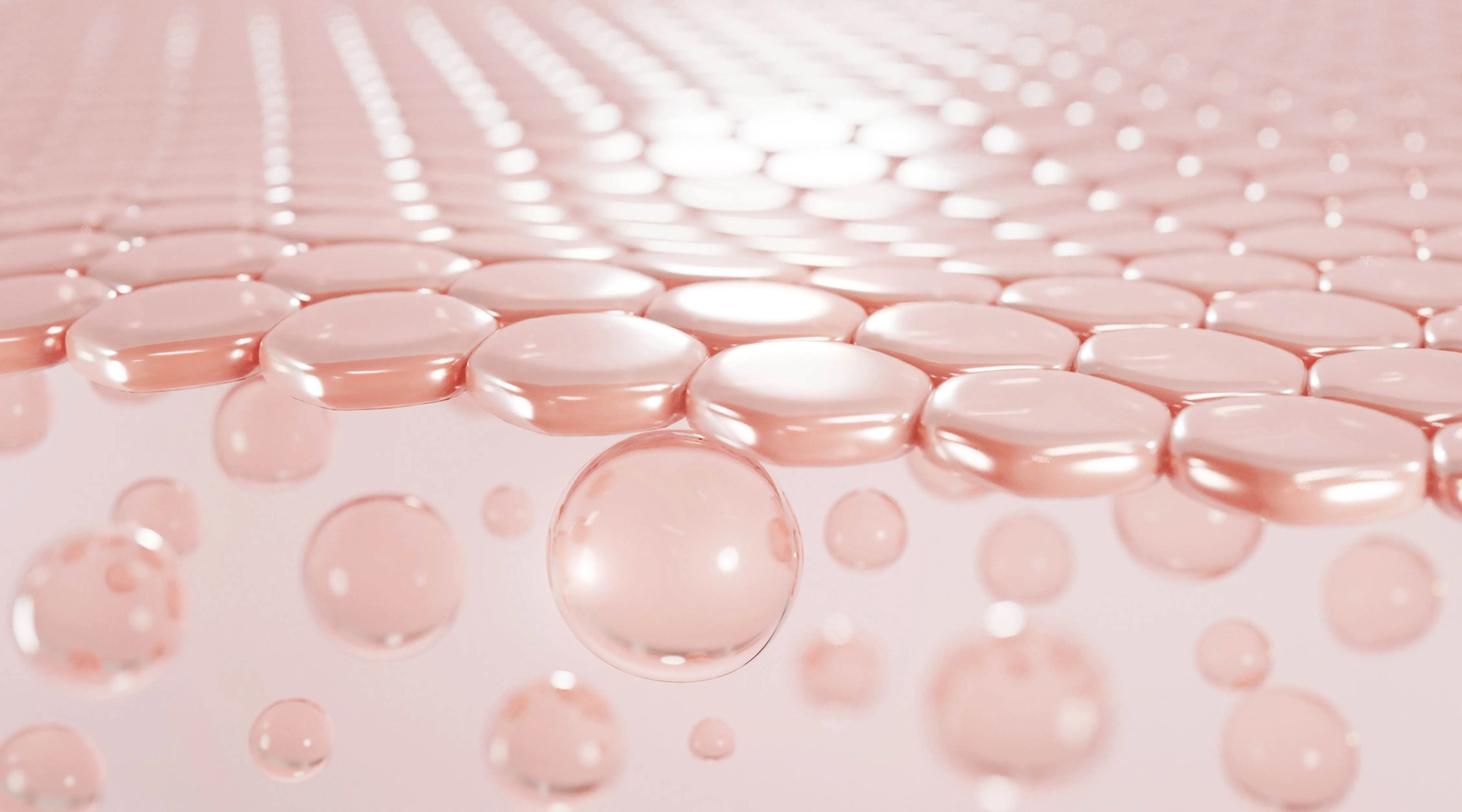A Guide to Clean Beauty for Health-Conscious Consumers

As consumers become more aware of what they put in and on their bodies, the demand for healthy, non-toxic, and eco-friendly cosmetics has surged. The beauty industry has responded with a growing range of "clean beauty" products designed to enhance your appearance without compromising your health or the environment. But what exactly makes cosmetics "healthy," and why should you make the switch?
In this article, we'll explore the key characteristics of healthy cosmetics, why they matter, and how to choose products that benefit both your skin and your well-being.
What Are Healthy Cosmetics?
Healthy cosmetics, often referred to as "clean beauty" or "natural cosmetics," are formulated with safe, non-toxic ingredients that nourish the skin while avoiding harmful chemicals. These products are designed to minimize irritation, reduce environmental impact, and ensure long-term skin health.
The main attributes of healthy cosmetics include:
- Non-toxic ingredients: They avoid potentially harmful chemicals like parabens, phthalates, and sulfates, which have been linked to skin irritation, hormone disruption, and even certain cancers.
- Natural and organic: Many healthy cosmetics use plant-based ingredients that are grown without synthetic pesticides or fertilizers. Organic certification ensures that a product meets specific standards for purity and sustainability.
- Cruelty-free and vegan: Healthy beauty often aligns with ethical practices, meaning no animal testing is involved, and the products may be free from animal-derived ingredients.
- Sustainable packaging: Many brands prioritize eco-friendly packaging to reduce waste, using recyclable or biodegradable materials.
- Dermatologist-approved: Healthy cosmetics are often formulated with sensitive skin in mind and undergo rigorous testing to ensure safety for all skin types.
Why Switch to Healthy Cosmetics?
Safer for Your Skin Conventional beauty products can contain a cocktail of harsh chemicals that may irritate the skin or trigger allergies. Parabens, synthetic fragrances, and other chemicals used in cosmetics can cause breakouts, redness, and long-term damage, especially for people with sensitive or acne-prone skin. Healthy cosmetics, on the other hand, are typically free from these irritants, relying on gentle, skin-nourishing ingredients like aloe vera, chamomile, and plant oils.
Avoiding Harmful Chemicals Many conventional cosmetics contain chemicals that may be absorbed through the skin and enter the bloodstream. Ingredients such as parabens (used as preservatives), phthalates (often found in fragrances), and formaldehyde-releasing agents have been linked to various health concerns, including hormonal disruption, reproductive issues, and even cancer. Opting for non-toxic, natural products helps reduce exposure to these potentially harmful substances.
Environmentally Friendly Healthy cosmetics often align with eco-conscious values. These products are made with sustainably sourced ingredients, produced in a way that minimizes environmental impact, and packaged in recyclable or biodegradable materials. This helps reduce the amount of toxic waste entering the environment and promotes a cleaner, healthier planet.
Long-term Skin Health Healthy cosmetics are rich in nourishing ingredients that improve your skin’s health over time. Natural oils, plant extracts, and antioxidants in these products work to hydrate, repair, and protect the skin, leading to a more radiant complexion. Ingredients like vitamin E, shea butter, and rosehip oil offer anti-aging benefits without the need for synthetic chemicals.
Transparency in Ingredients One of the hallmarks of healthy cosmetics is transparency. Brands that produce these products often provide clear and comprehensive ingredient lists, making it easy for consumers to understand exactly what they’re putting on their skin. This contrasts with some mainstream products that hide harmful chemicals behind vague terms like “fragrance.”
Key Ingredients to Look for in Healthy Cosmetics
Healthy cosmetics are formulated with naturally-derived ingredients that promote skin health. Here are some key ingredients to look for when shopping for clean beauty products:
- Aloe Vera: Known for its soothing and hydrating properties, aloe vera is perfect for calming irritated or sensitive skin.
- Shea Butter: A rich moisturizer that helps repair dry or damaged skin and protects against environmental stressors.
- Coconut Oil: A natural moisturizer with antibacterial properties that help to hydrate the skin while reducing inflammation.
- Jojoba Oil: Known for mimicking the skin’s natural sebum, jojoba oil provides hydration without clogging pores.
- Vitamin C: A powerful antioxidant that brightens the skin and helps to reduce the appearance of dark spots and fine lines.
- Green Tea Extract: Packed with antioxidants, green tea extract helps protect the skin from free radicals and reduces inflammation.
- Hyaluronic Acid: Naturally occurring in the body, hyaluronic acid helps to retain moisture, leading to plumper and more hydrated skin.
Ingredients to Avoid in Conventional Cosmetics
To ensure you're making healthy choices, avoid products that contain the following potentially harmful ingredients:
- Parabens: Used as preservatives, parabens have been linked to hormonal disruption.
- Phthalates: Commonly found in fragrances, these chemicals can affect the endocrine system and reproductive health.
- Sulfates: Detergents like sodium lauryl sulfate (SLS) can strip the skin of its natural oils, leading to dryness and irritation.
- Synthetic Fragrances: These are often a mixture of undisclosed chemicals that can trigger allergic reactions and skin sensitivity.
- Formaldehyde Releasers: Used to prevent bacterial growth, formaldehyde releasers are carcinogenic and can cause skin irritation.
How to Make the Switch to Healthy Cosmetics
Transitioning to healthy cosmetics can be a gradual process. Here are some tips to make the switch effectively:
Start with skincare: The products you use daily, like cleansers, moisturizers, and sunscreens, have the most significant impact on your skin. Begin by replacing these with clean alternatives.
Read labels: Take the time to read the ingredient lists of your products. Look for certifications like USDA Organic, EWG Verified, or EcoCert to ensure you're choosing genuinely clean products.
Patch test: Just because a product is natural doesn’t mean it’s allergy-free. Always do a patch test when trying new cosmetics, especially if you have sensitive skin.
Prioritize multi-functional products: Many healthy cosmetics are multi-tasking. For example, a tinted moisturizer with SPF and natural oils can replace a foundation and sunscreen, simplifying your routine.
Choose sustainable packaging: Look for brands that use recyclable or refillable packaging to reduce waste.





